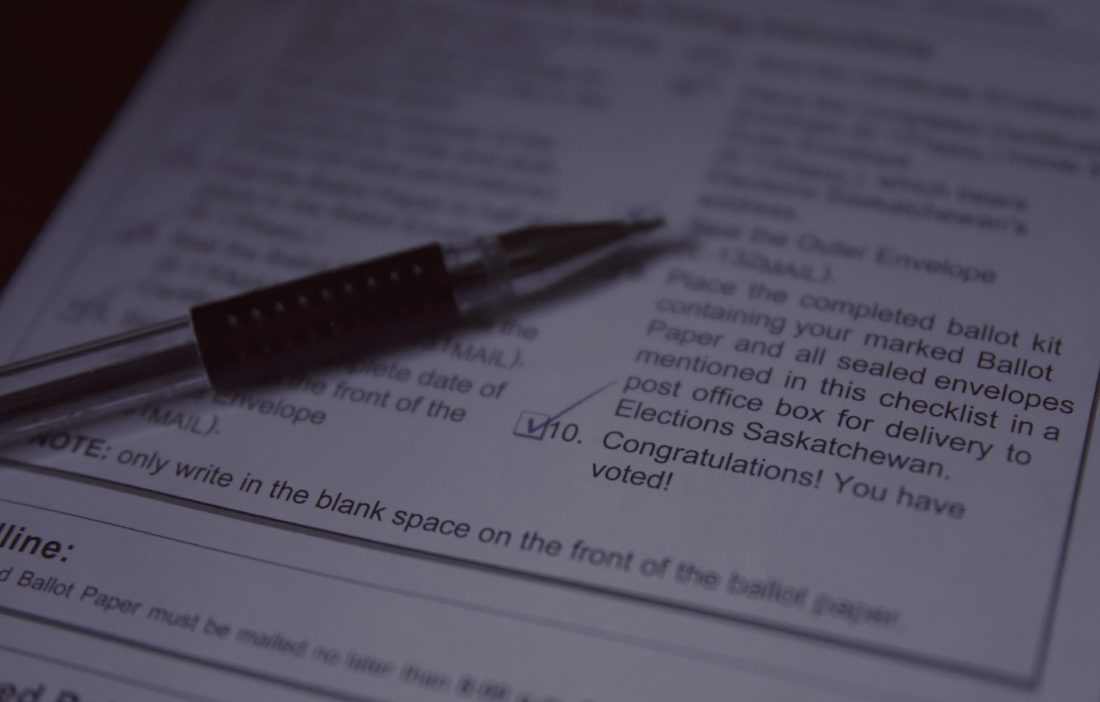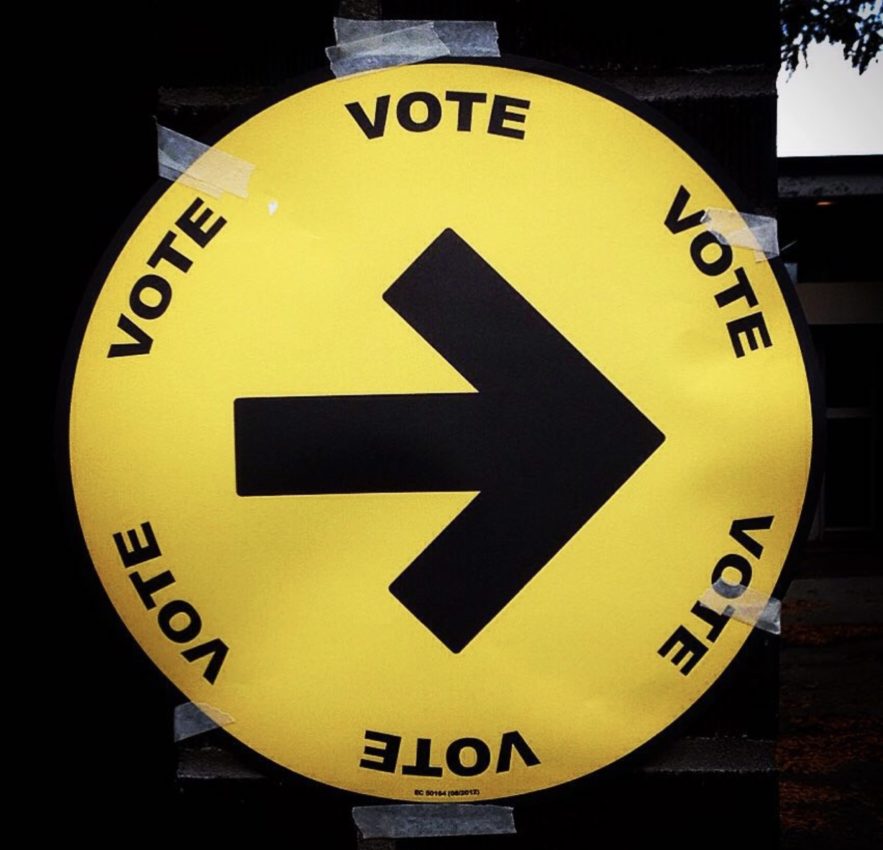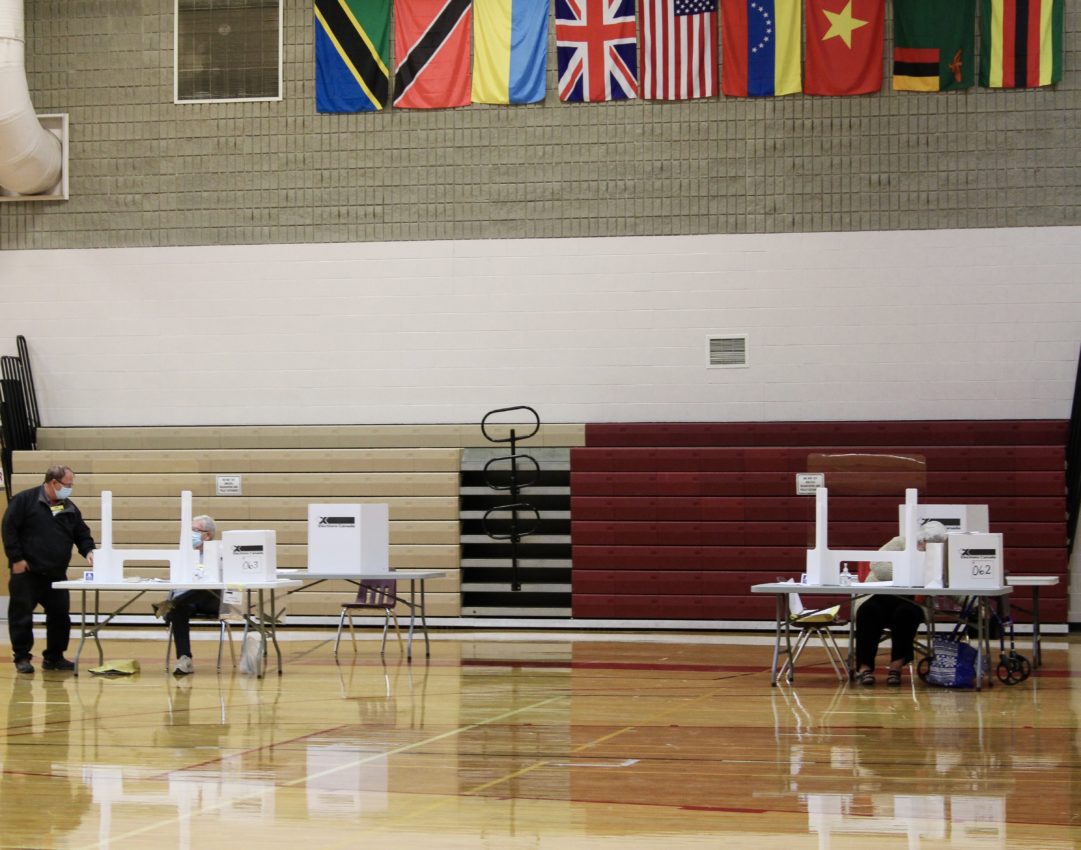
Since the cancellation of the Vote on Campus program for the Sept. 20 federal election, students and faculty have expressed concerns for students’ electoral participation.
The program, launched in 2015, aimed to overcome barriers in access to voting, a primary cause of low youth turnout according to the 2015 National Youth Survey. It enabled students to vote in their home riding from locations at their post-secondary institutions called External service points (ESPs). In a letter to Canada’s Chief Electoral Officer, the Undergraduates of Canadian Research-Intensive Universities, a coalition of student unions including the USSU, expressed disapproval for the cancellation of the program.
“Removing ESP polling stations from post-secondary campuses despite the success of this program would be moving backwards when attempting to increase youth voter engagement,” the letter read.
Other initiatives to promote student electoral participation are continuing, however. On Sept. 21, between 2:30 p.m. and 4:30 p.m., the U of S department of political studies will host its first virtual post-election review as a chance for students to partake in political discussion.
One of the panelists, David McGrane, professor of political studies, told the Sheaf that the Vote on Campus program’s cancellation was “a shame” and “a consequence of this last minute 36-day election campaign in the middle of a pandemic that the Prime Minister decided to do.”

He said that the decision to hold a snap election “was a crass move for power.”
“I think most Liberal commentators have noted that the gamble that Trudeau took by calling this election — a snap election in the middle of pandemic, half in summer, half after Labour Day — has seemed to backfire on him,” McGrane said.
Daniel Westlake, another U of S political studies professor, will also be a panelist at the post-election review. Westlake aims to elevate his students’ interests in Canadian politics through immersive activities.
“I want, from the first year straight through the third and fourth year, students in my classes to have an opportunity to grapple with some of the problems and scenarios that are relevant to various aspects of Canadian politics,” Westlake said.
Westlake has students in his first-year courses invent political parties and simulate passing legislation through a model parliament. His second-year students do mock constitutional negotiations, while his third-year students roleplay elections.
“I describe it a little bit like the Canadian election version of Dungeons and Dragons, where you’ve got groups of students playing the role of different parties and deciding what they want to do over the course of a long campaign,” Westlake said.

When it comes to real-life politics, Westlake says he understands that formulating political opinions can seem an overwhelming task for newly eligible electors. He recommends news sources, particularly the CBC, as a starting point, as they provide “distilled” information and platform comparisons more concisely than party websites.
Regardless of how people choose to learn about their federal candidates, Westlake says it’s important for them to exercise their right to vote as much as possible. He says that politicians are all somewhat self-interested, as winning votes is a part of their jobs.
“They pay attention to the groups of people that vote […] and they care less about groups that don’t vote,” Westlake said.
“So even if you’re not sure if you know exactly who to vote for, if you’re making the perfect decision, just the act of showing up, of going to vote, will be valuable because it will make politicians pay more attention to you and your interests.”
—
Sandra LeBlanc | News Editor
Photos: As credited
Leave a Reply